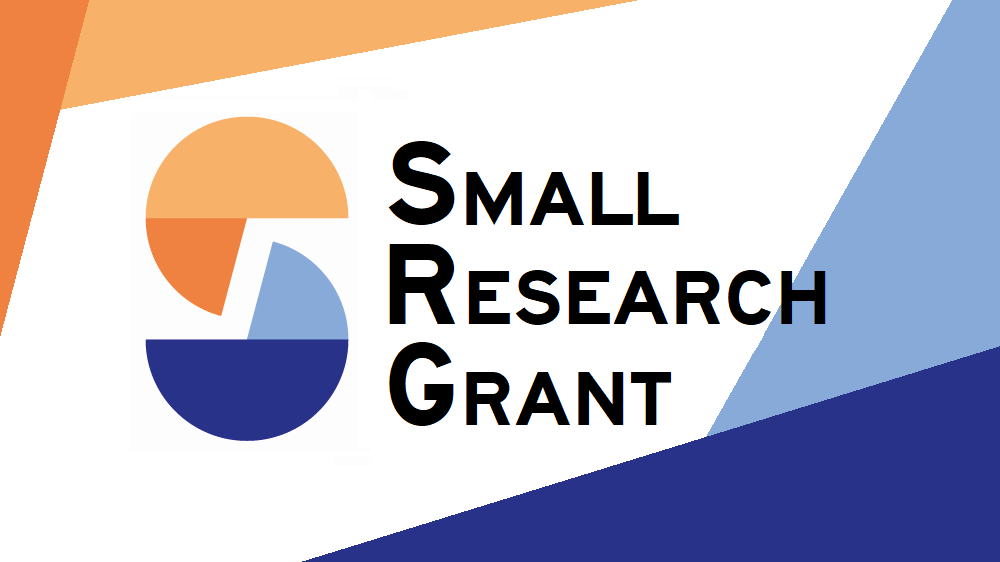Limited access to banking services in developing countries poses significant challenges to individuals and businesses, particularly in rural areas, where barriers to raising capital often confine people to subsistence agriculture. Consider, for example, a small-scale firm owner who wants to expand their business but lacks access to credit or an entrepreneur who wants to open a new business but cannot secure funds to buy equipment. These situations could distort the allocation of resources and reduce aggregate productivity. Despite low agricultural productivity, laborers remain trapped in subsistence agriculture and face a higher income risk. Furthermore, the lack of access to finance may place a disproportionate burden on women and marginalized groups, as they often have less control over resources and face additional barriers, such as social norms or legal restrictions, that limit their opportunities for economic empowerment. This research project aims to assess the impact of banking access on firm productivity, structural transformation, and inclusive growth in India, both empirically and theoretically.
To investigate the causal effects of banking access, this project employs a regression discontinuity design (RDD), exploiting a policy enacted by the Reserve Bank of India in 2005 that encouraged commercial banks to open branches in under-banked districts. The policy's causal impacts are estimated by comparing firms and workers in districts just above and below the threshold for being considered under-banked. Based on establishment-level data from the Annual Survey of Industries (ASI) and the village-level Population and Economic Census data, this project finds that bank expansion leads to increased capital for firms in districts receiving more bank branches. It also encourages people to leave agriculture when local agricultural productivity is low or migration costs to urban areas are minimal. These findings suggest that increased access to banking services can play a crucial role in facilitating economic growth and promoting structural transformation. In the ongoing work, this project employs a macroeconomic model to quantify the aggregate welfare consequences of this policy on economic growth, inequality, and households' exposure to agricultural income risks.
The importance of this study lies in its potential to shed light on the role of banking access in shaping economic development and social outcomes in a rapidly growing economy. While this project focuses on India, it is relevant to other developing countries in Sub-Saharan Africa and South Asia that face pressing challenges related to poverty reduction, inequality, and financial inclusion. These research findings could help inform contextually relevant and evidence-based policy recommendations in the banking sector to foster inclusive growth and improve the well-being of vulnerable populations. Guided by empirical evidence and models, this project will explore optimal bank opening policies, such as targeted outreach to rural communities or incentives for financial institutions to support small enterprises. It will also assess the extent to which the bank expansion policy being assessed deviates from the ideal and consider potential modifications or alternative approaches that could enhance its effectiveness.
Project
• Research Theme 0: Data, Measurement, and Conceptual Framing,
Research Theme 1: Firms, Frictions and Spillovers, and Industrial Policy,
Research Theme 2: Labour, Home Production, and Structural Transformation at the Level of the Household
Banks, Misallocation, and Structural Transformation: Evidence from India's Bank Expansion Policy in 2005
This project has been retired

Small Research Grants
Research Team
Related content


























































































































